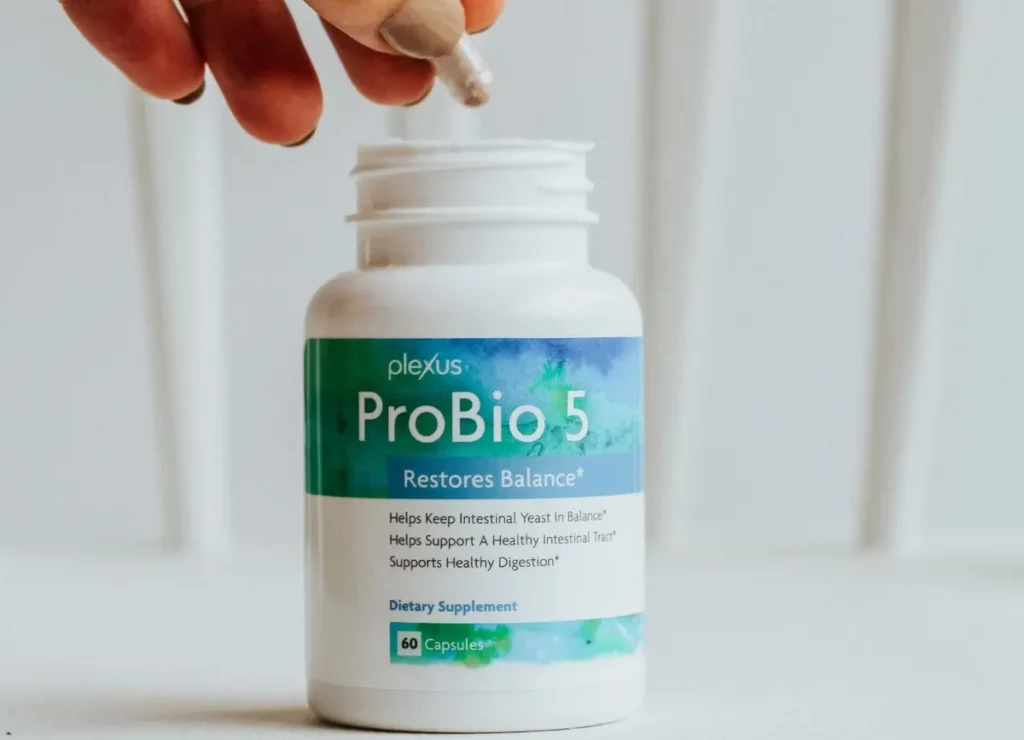Why Is Everyone Leaving Plexus – Find Out Reasons!

Low earnings, product bans, Amazon’s ban, FDA warnings, misleading claims, legal problems, market saturation, and changes in the compensation plan led many of us to leave Plexus.
People are leaving Plexus due to issues like low earnings, product bans, Amazon’s ban, FDA warnings, misleading claims, legal problems, market saturation, and changes in the compensation plan.
What is Plexus? – Explore With Me!
Plexus Worldwide is a renowned network marketing company specializing in health, weight loss, and beauty products. Established in 2006 and headquartered in Scottsdale, Arizona, Plexus has experienced significant growth.
The company operates through a multi-level ambassador program with seven tiers, ranging from entry-level “ambassadors” to top-tier “diamond ambassadors.” To become a Plexus distributor, individuals typically pay a $34.95 annual fee and purchase a product pack priced at $99 or $199. Maintaining ambassador status requires a monthly personal volume (PV) of 100 points.
Plexus’s network marketing approach appeals to individuals seeking entrepreneurship with minimal upfront investment. However, challenges arise for ambassadors as they need help meeting sales quotas and earning consistent commissions. This disparity between expectations and reality contributes to the growing trend of people leaving Plexus.
Why is everyone leaving plexus? – You Should Know!

1. Income Challenges:
Many Plexus ambassadors need help to generate sufficient sales to meet quotas and earn meaningful commissions. This discrepancy between expected income and actual earnings leads to frustration and prompts some to leave Plexus.
2. Product Bans:
Plexus products have been banned in certain countries like Australia, New Zealand, and Canada, impacting sales and distributor trust. Importing concerns and regulatory issues contribute to doubts among Plexus affiliates.
3. Amazon’s Ban:
Amazon’s decision to permanently ban Plexus sales due to negative reviews and product dissatisfaction affects Plexus’s reach and credibility, prompting some affiliates to reevaluate their involvement.
4. FDA Warnings:
The FDA’s warnings about the safety, effectiveness, and misbranding of certain Plexus products raise concerns among consumers and distributors, leading to a loss of confidence in the brand.
5. Misleading Marketing:
Ambassadors and customers feel they need to be more informed by Plexus’s marketing claims, especially regarding income potential and product effectiveness, contributing to disillusionment and attrition.
6. Legal Issues:
Plexus has faced lawsuits and legal challenges, including allegations of false advertising and unsubstantiated health claims, causing some ambassadors to question the company’s practices and credibility.
7. Market Saturation:
With many Plexus ambassadors in the market, competition for customers and sales becomes intense, making it challenging for new and existing affiliates to grow their businesses.
8. Compensation Plan Changes:
Changes to Plexus’s compensation plan impact earning potential and overall satisfaction among distributors, leading some to seek alternative opportunities outside of Plexus.
How Did Bans Affect Plexus?

1. Impact on Sales:
Bans imposed in countries such as Australia, New Zealand, and Canada significantly restricted the sale and distribution of Plexus products in those regions. This restriction resulted in a noticeable decline in sales and revenue for Plexus.
2. Loss of Market Presence:
Being banned in specific countries significantly reduced Plexus’s global market presence, limiting its outreach to potential customers and hindering the expansion of its customer base worldwide. This restriction had a notable impact on Plexus’s international growth opportunities.
3. Regulatory Concerns:
The bans raised significant regulatory concerns and compliance issues for Plexus, impacting its reputation and credibility among consumers and regulators. This scrutiny has prompted questions about Plexus’s commitment to regulatory compliance and product safety standards.
4. Trust Issues:
The bans eroded trust among Plexus distributors and customers, as they questioned the safety, quality, and legality of Plexus products in light of the regulatory actions taken against the company.
5. Market Challenges:
The bans in key markets created substantial challenges for Plexus, particularly concerning market access, distribution channels, and competitive positioning against other companies in those regions. This limitation affected Plexus’s ability to compete effectively and expand its market share.
Why Did Amazon Ban Plexus?
1. Customer Dissatisfaction:
Amazon banned Plexus due to numerous negative reviews and customer complaints about product quality, effectiveness, and customer service, leading to a decline in customer trust and satisfaction.
2. Quality Concerns:
The substantial number of one-star ratings and negative feedback regarding Plexus products raised significant concerns regarding their quality, safety, and effectiveness. Consequently, Amazon took action to safeguard its customers.
3. Product Integrity:

Reports indicating the presence of substances like dimethylamylamine (DMAA) in Plexus products raised substantial red flags regarding product integrity and compliance with safety standards.
4. Regulatory Compliance:
Amazon’s decision reflected concerns about Plexus’s compliance with regulatory standards and guidelines, especially regarding product safety and labeling accuracy, prompting the need for further scrutiny and consumer protection measures.
5. Consumer Protection:
The ban served as a protective measure for consumers. It aimed to shield them from potentially harmful or deceptive products and uphold Amazon’s reputation as a reliable online marketplace committed to customer safety and satisfaction.
6. Brand Reputation:
The ban served as a protective measure for consumers. It aimed to shield them from potentially harmful or deceptive products and uphold Amazon’s reputation as a reliable online marketplace committed to customer safety and satisfaction.
When Did Market Problems Start?
- Initial Growth Phase: Plexus experienced rapid growth and success in its early years, attracting many distributors and customers with its network marketing model and product offerings.
- Market Saturation: As more people joined Plexus as ambassadors, the market became saturated with distributors, increasing customer competition and sales opportunities.
- Increased Recruitment Pressure: With market saturation, Plexus ambassadors faced pressure to recruit new members into their downline to sustain their businesses and meet sales targets.
- Challenges in Customer Acquisition: With a saturated market and intense competition, ambassadors found it increasingly difficult to acquire new customers and expand their customer base.
- Shift in Customer Behavior: Changes in customer preferences and buying behavior also contributed to market challenges for Plexus, as customers became more selective and cautious in their purchasing decisions.
- Impact of External Factors: External factors such as economic conditions, regulatory changes, and health and wellness industry shifts also influenced market dynamics and posed challenges for Plexus and its ambassadors.
FAQS:
1. Why are Plexus ambassadors leaving the company?
Ambassadors are leaving Plexus primarily due to a combination of challenges. These include need to improve in meeting demanding sales quotas and encountering limited income potential within the current compensation structure.
2. How do product bans affect Plexus distributors?
Product bans significantly restrict the market for Plexus products, reducing available sales channels and opportunities. This limitation directly impacts sales figures and undermines distributor confidence in the company’s long-term viability and market presence.
3. What are the consequences of market saturation for Plexus ambassadors?
Market saturation makes it increasingly challenging for ambassadors to acquire new customers, expand their businesses, and achieve growth, ultimately impacting their income potential within the company.
Conclusion:
People are leaving Plexus due to various issues, including low earnings, product bans, Amazon’s ban, FDA warnings, misleading claims, legal problems, market saturation, and changes in the compensation plan.
Read:




